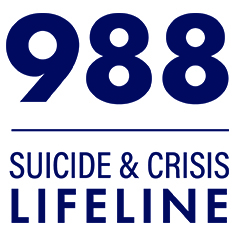Preventing law enforcement officer suicide
June 13, 2014
The Community Policing Dispatch
A report just released by the International Association of Chiefs of Police (IACP) examines the mental health risks faced by police officers and lays out a prevention strategy. More police officers die by suicide annually than are killed in the line of duty. In addition to risk factors that affect other parts of the population, police are also exposed to violence and suicide in the course of their work, and have access to firearms (making suicide attempts more likely to be lethal). Officers who are in emotional distress face a number of barriers to finding the help they need, including fear of negative peer reactions or career ramifications; lack of comprehensive suicide prevention policies; and insufficient training for officers and health care providers. Police chiefs may have a special role to play, by prioritizing suicide prevention education and learning to recognize and respond to warning signs shown by officers. Many resources are available, such as the train-the-trainers program In Harm’s Way: Law Enforcement Suicide Prevention.
Spark Extra! Download the IACP’s report: Breaking the Silence on Law Enforcement Suicides.
